Vomit, Fighter Planes And Donkeys: Cannes Highs And Lows
No clear frontrunner has emerged in the race for the Palme d'Or, to be announced on Saturday, but the Cannes Film Festival has certainly delivered some memorable scenes in its 75th year.
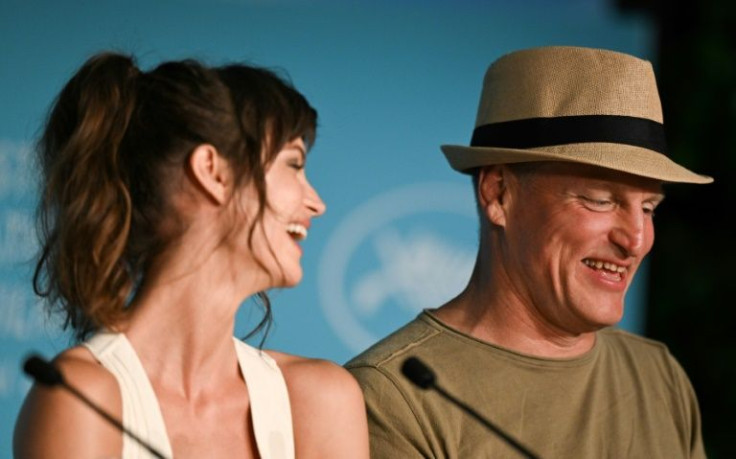
The images perhaps most seared into audiences' minds from the 21 films in competition came from an extended bout of sea sickness among the ultra-rich passengers on a cruise ship in the brutal social satire "Triangle of Sadness".
The magisterial, near-balletic sequence of projectile vomiting, diarrhoea and overflowing toilets was too much for many people's stomachs, but it was also the only film to have the cinemas erupting with uncontrollable laughter.
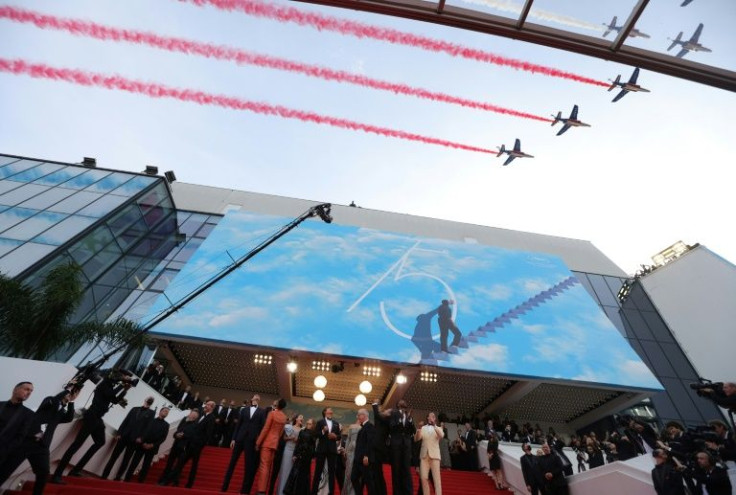
Playing out of competition, "Top Gun: Maverick" brought an early dose of Hollywood razzmatazz with Tom Cruise's first trip to Cannes in 30 years.
However, the decision to send the French Air Force display team roaring over the red carpet was considered in rather bad taste by some at a time when the festival was also paying homage to Ukrainians affected by the war.
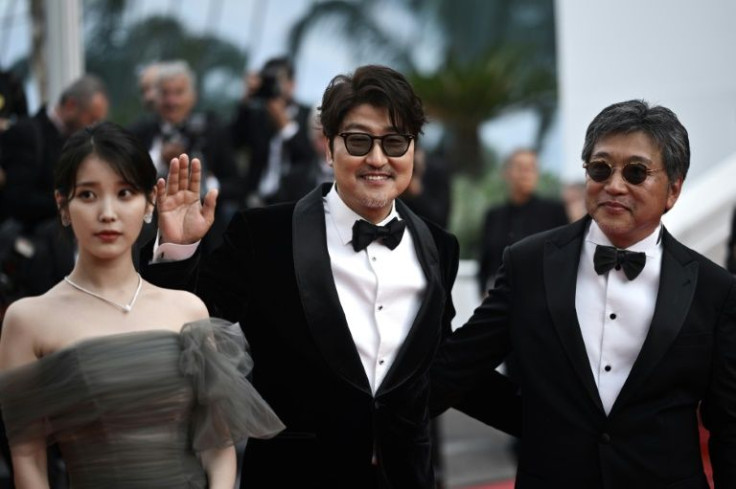
One producer from Ukraine said she almost threw herself to the ground at the terrifying sound and burst into tears.
Some of South Korea's biggest stars hit Cannes this year. Lee Jung-jae, the star of "Squid Game", made his directorial debut with political thriller "Hunt", playing out of competition.
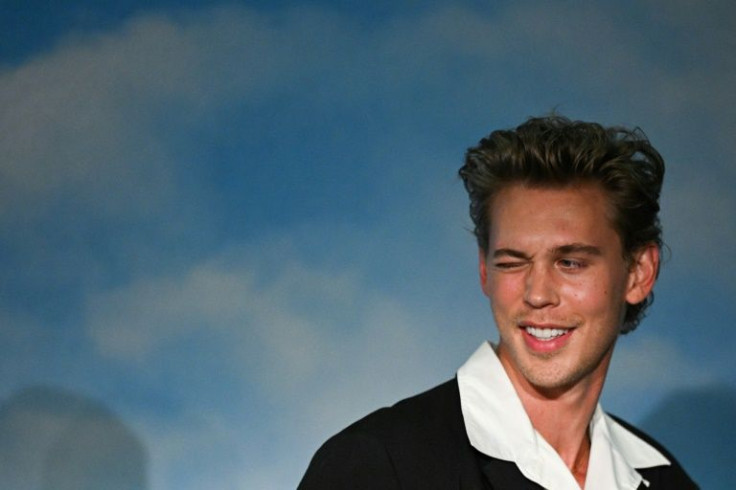
In the race for the Palme d'Or, there were strong reviews for "Broker" about a woman abandoning her child in a "baby box" featuring Song Kang-ho ("Parasite") and K-pop superstar Lee Ji-eun.
And a favourite to win the top prize is director Park Chan-wook, known for cult favourite "Oldboy", who returned to Cannes with detective story "Decision to Leave".
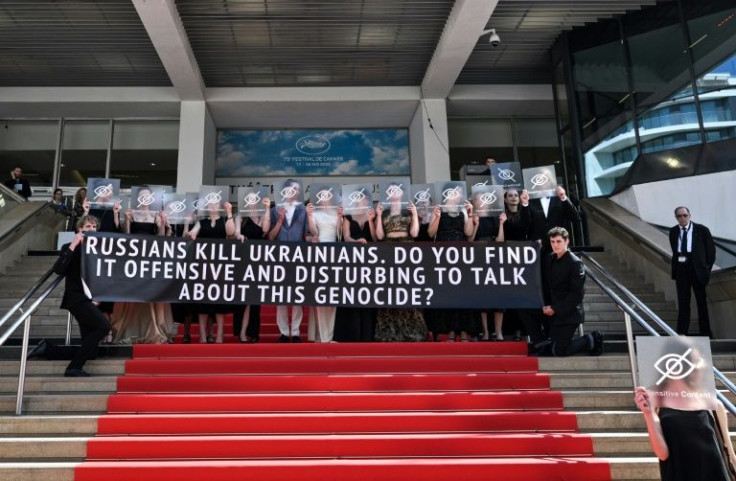
It was another rich year for music lovers, with a new documentary about David Bowie, "Moonage Daydream", receiving gushing reviews for its kaleidoscopic, ultra-immersive look at the rock artist.
There was also a documentary about rock'n'roll pioneer Jerry Lee Lewis by one half of the Coen brothers, Ethan Coen.
And the red carpet was lit up by the world premiere of "Elvis", the new biopic from flamboyant Australian director Baz Luhrmann -- though it received mixed reviews, with one critic calling it "indecently entertaining" and another "deliriously awful".
The most radical piece of work in the main competition is "EO", a film told entirely from the point of view of a donkey.
The film uses innovative techniques to bring the story to life, and is considered a dark horse possibility for a prize.
It doesn't necessarily end well, though better than the donkey that gets beaten to death with a rock in "Triangle of Sadness".
The war in Ukraine was a constant backdrop to the festival.
Ukrainian documentary-maker Sergei Loznitsa showed a timely film about the bombing of cities in World War II, "The Natural History of Destruction", along with a doc by Lithuanian Mantas Kvedaravicius, who was killed while filming in Mariupol last month.
The festival barred official Russian delegates, but controversy raged over the inclusion of a Russian movie in the main competition, Kirill Serebrennikov's "Tchaikovsky's Wife".
He condemned the war but some Ukrainians called for a blanket ban of all Russians, while Loznitsa said such an attitude was "inhumane".
© Copyright AFP 2024. All rights reserved.







